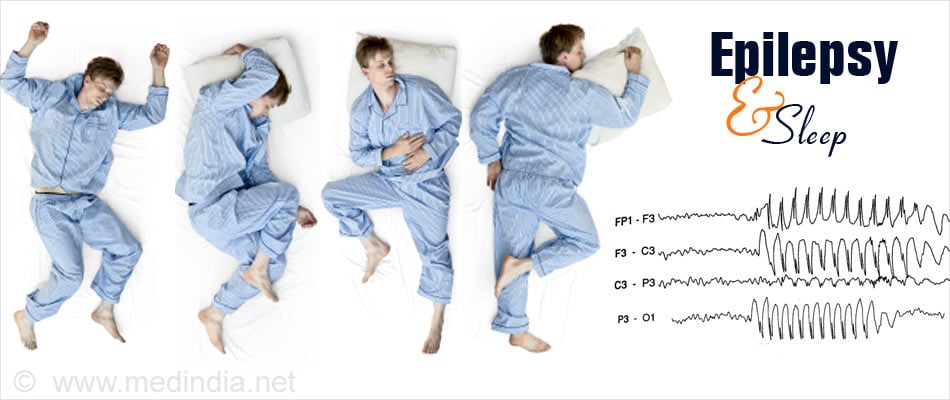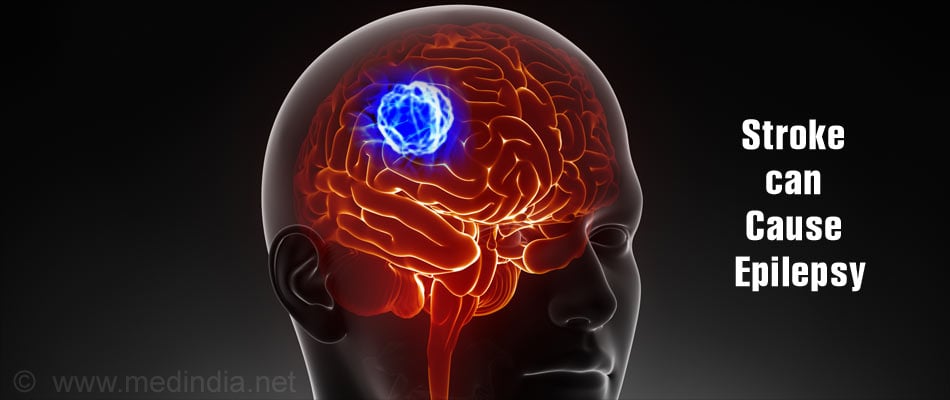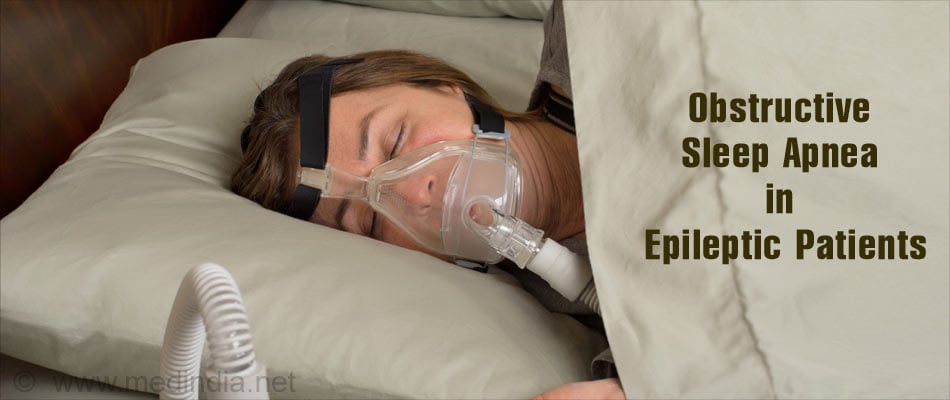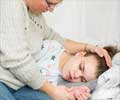- Epilepsy Treatments - (https://www.ucsfhealth.org/conditions/epilepsy/treatment.html)
- Treatment for Epilepsy & Seizures - (http://www.hopkinsmedicine.org/neurology_neurosurgery/centers_clinics/epilepsy/treatment/medications.html)
- Sleep Apnea - (http://www.nhlbi.nih.gov/health/health-topics/topics/sleepapnea)
- Neurology and Neurosurgery - (http://www.hopkinsmedicine.org/neurology_neurosurgery/centers_clinics/restless-legs-syndrome/)
- Get a Good Night’s Sleep - (http://www.sleepcouncil.org.uk/wp-content/uploads/2013/01/get-a-good-nights-sleep.pdf)
- Partial Seizures - (http://www.epilepsychicago.org/epilepsy-facts/seizure-types/partial-seizures/)
- Epilepsy and sleep disturbance - (http://www.columbianeurology.org/sites/default/files/epilepsy_sleep_disturbance.pdf)
- Causes Of Epilepsy - (http://www.epilepsysociety.org.uk/causes-epilepsy#.vtfepx197iu)
- Nocturnal Seizures – Seizures during Sleep - (https://www.epilepsy.org.au/about-epilepsy/understanding-epilepsy/nocturnal-seizures-during-sleep#facts)
- Sleep paralysis - (http://www.healthdirect.gov.au/sleep-paralysis)
- Sleep and epilepsy - (https://www.epilepsy.org.uk/info/sleep)
- Chronic vagus nerve stimulation improves alertness and reduces rapid eye movement sleep in patients affected by refractory epilepsy - (http://www.ncbi.nlm.nih.gov/pubmed/12938816)
- The Epilepsies and Seizures: Hope Through Research - (http://www.ninds.nih.gov/disorders/epilepsy/detail_epilepsy.htm)
- About Pediatric Epilepsy - (http://www.columbianeurosurgery.org/conditions/pediatric-epilepsy-seizures/)
- Epilepsy in Children - (http://my.clevelandclinic.org/services/neurological_institute/epilepsy/diseases-conditions/epilepsy-in-children)
What is Epilepsy?
Epilepsy is a brain disorder that predisposes an affected individual to sudden recurrent seizures or fits. It occurs due to a temporary disturbance in brain function in which groups of nerve cells present in the brain fire signals abnormally and excessively. The affected individuals will undergo strange sensations and emotions or behave in an unusual manner. They may undergo extreme muscle spasms or lose consciousness.
All seizures are not due to epilepsy. Seizures can be due to various other factors. Some of them being abnormal levels of blood glucose or sodium, brain infections, and brain injury. In many cases, the underlying cause is not known.

Seizures in children occur very often as compared to adults. Seizures in infants may not be very prominent and are difficult to diagnose. Older children are prone to different types of fits like tonic-clonic, absence, myoclonic or partial seizures. Epilepsy is different in every child and needs an accurate diagnosis. Epileptic seizures show good response to anti-epileptic drugs and many children can lead a normal and active life. It is still unknown why a developing brain is more vulnerable to seizures than an adult brain.
What are the Causes of Epilepsy?
Epilepsy can occur due to many factors and in about half of the people having this neurological disorder, the exact cause remains obscure. Epilepsy can develop due to a disruption of normal connections between the neurons or nerve cells in the brain, where a few cells either over-excite or suppress other cells from transmitting messages, or can be a combination of these factors.
Some of the known causes of epilepsy are -
- Head injury
- Hereditary
- Gene mutations
- Meningitis
- Brain defects
- Tumor
- Stroke

How is Epilepsy Treated?
Epilepsy treatment includes the following options -
- Anti-epileptic medications
- Epilepsy Surgery
- Focal resection
- Corpus callosotomy surgery
- Hemispherectomy
- Vagus Nerve Stimulation (VNS)
Epilepsy and Sleep Disorders
Epilepsy and sleep disorders go hand in hand. Seizures and sleep disorders affect each other drastically; therefore, they both should be properly balanced.
Epilepsy and Sleep Apnea
Sleep apnea is a common problem in which an individual experiences one or more pauses in breathing or shallow breaths during sleep. Sleep apnea is a long-term disorder that disrupts the normal sleeping pattern. It results in poor quality of sleep which makes a person tired throughout the day and also leads to daytime sleepiness.
Inadequate sleep is an important cause for seizures in epileptic individuals. Insufficient sleep can lead to seizures and epileptiform discharges. Certain antiepileptic medications can disturb normal sleep and cause daytime drowsiness. Epilepsy disturbs the normal sleeping pattern, and improper sleep aggravates epilepsy.
Epilepsy and Obstructive Sleep Apnea
In obstructive sleep apnea (OSA), the throat muscles intermittently lose their tone, relax and obstruct the upper airway during sleep. OSA is predominantly observed in males; people who are overweight, smokers and those in the age group of 40 years or older. The rate of obstructive sleep apnea in epileptic patients was found to be 10% in adults and 20% in children. Untreated OSA worsens epileptic seizures. Epilepsy and OSA often co-exist, and OSA treatment in epileptic people can reduce the frequency of seizures and reduce daytime sleepiness. Treatment for epilepsy can also improve OSA symptoms. At times, nocturnal seizures can be incorrectly diagnosed as a sleep disorder.

Epilepsy and Restless Leg Syndrome
Restless Leg Syndrome (RLS), recently renamed as Willis-Ekbom Disease (WED) is a neurological disorder causing abnormal sensations in the legs. It causes burning and itching sensations in the legs, especially when the person is relaxed, or at night when going to sleep. Moving the legs reduces the discomfort. Restless Leg Syndrome can cause daytime sleepiness, short-temperedness, and loss of concentration; all these factors can cause seizures in an epileptic person. The difference between RLS and epilepsy is that RLS can be controlled voluntarily, but an epileptic seizure cannot be inhibited.
Sleep Paralysis and Epilepsy
Sleep paralysis is a temporary paralysis of the body which occurs immediately after waking up and just after sleep; the person feels conscious but is unable to move. It normally persists for 10 minutes or may extent up to half an hour. Sleep paralysis is a harmless condition, but it is associated with some medical conditions such as seizure disorders, mental health, narcolepsy and hypertension. Certain sleep-related disorders can get misdiagnosed as sleep paralysis which may require medical attention. Such conditions can be epileptic in nature (i.e. partial seizures). Partial seizures occur when this electrical activity is confined to a specific area of one cerebral hemisphere of the brain.
How Antiepileptic Drugs Affect Sleep?
Many epileptic patientstakeantiepileptic drugs (AEDs) to control their seizures. AEDs are capable of altering the sleep architecture and sleep-wake cycle. Patients prescribed polytherapy are prone to excessive daytime drowsiness. Diurnal sedation and somnolence (sleepiness) are common side-effects of AEDs. The antiepileptic drugs causing sleep-related problems are -
| Antiepileptic Drugs | Sleep Related Problems |
| Ethosuximide | Night terrors and sleep disturbances |
| Gabapentin, Phenytoin, Rufinamide | Insomnia (inability to sleep) |
| Lamotrigine | Insomnia, sleep disturbances |
| Topiramate | Difficulty sleeping |
| Pregabalin | Strange dreams, insomnia |
| Phenobarbitone | Daytime sleepiness |
| Carbamazepine | Sleep disturbances |

How Does Sleep Deprivation Affect Epilepsy?
Inadequate sleep is an important cause for seizures in epileptic individuals. Epilepsy disturbs the normal sleeping pattern, and improper sleep aggravates epilepsy. Insufficient sleep increases daytime drowsiness, epileptic seizures, interictal epileptiform discharges (IEDs) and memory dysfunction. If sleep disturbance and worsening of seizures are continued to be ignored, then it can result in intractability of epilepsy in few patients. Treating any sleep-related disorder can control seizures and also prevent daytime sleepiness.
Vagal or Vagus Nerve Stimulation (VNS) Therapy on Sleep and Wakefulness
Vagus Nerve Stimulationis a procedure that involves implantation of a device to stimulate the vagus nerve with electrical impulses. Vagus Nerve Stimulation is used to control epileptic seizures when AEDs are not effective, and surgery is not recommended. It is seen that by using this device, there is an improvement in daytime alertness and sleep architecture. It reduces nocturnal rapid eye movement (REM sleep) and increases awakenings, stage NREM 1 sleep, and wake after sleep onset.
Epilepsy symptoms can be brought under control by incorporating few changes in the lifestyle; such as getting enough sleep, consulting your doctor for any sleep disorders and getting the right treatment.
Tips for Good Sleep
We all know that a good quality sleep is important for a healthy and active lifestyle. Here are few tips to get a good night’s sleep.
- Regular exercise
- A healthy balanced diet

- Keep the room dark when you go to bed
- Keep your mind relaxed and stress-free before bedtime
- Use comfortable pillows and mattresses
- Keep your room clean and free from bad odor
- Try to sleep and wake up at the same time every day
- Maintain a comfortable room temperature for a good sleep
- To avoid any distractions, don’t keep electronic gadgets inside your bedroom
- Limit fluid intake before going to bed, to avoid night trips to the toilet
- Avoid alcohol, caffeine and nicotine immediately before going to bed.








